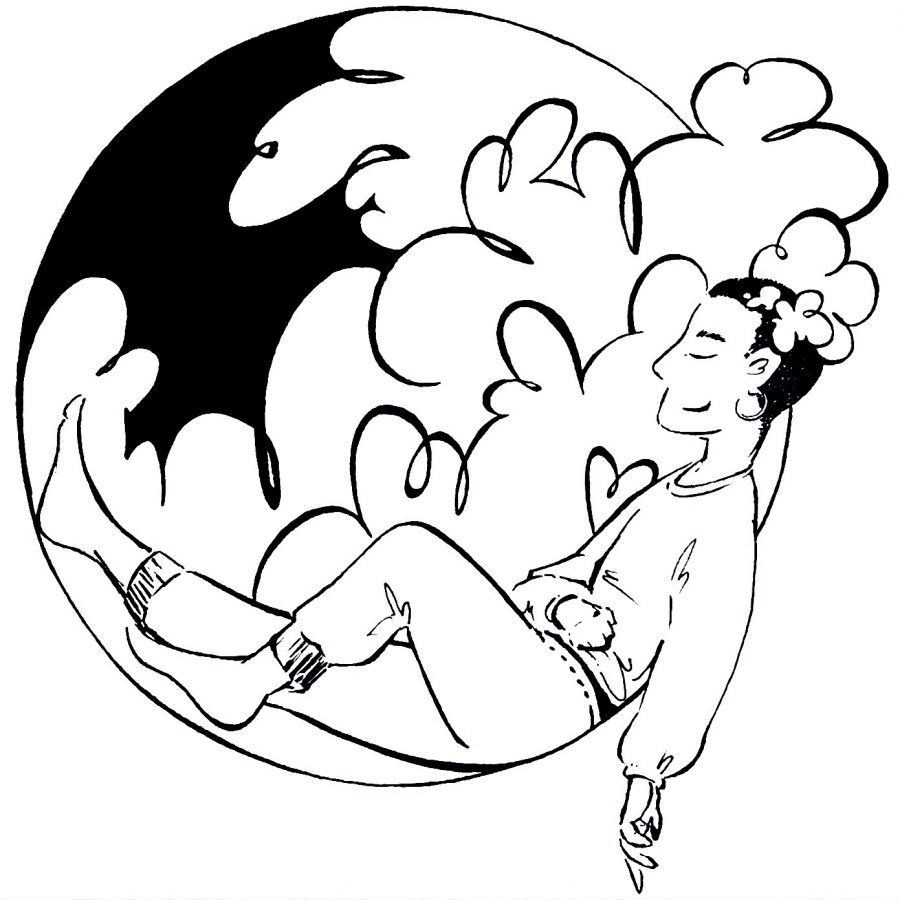Introversion at Whitman
November 1, 2019
You’d be hard-pressed to find a college that’s proud of its generally reclusive student body, and for good reason. One of the most important aspects of higher education is community, and Whitman surely prides itself on having a warm, amicable and gregarious group of people. What such a reputation does, though, is create an expectation of continuous social energy that is completely unsustainable for some students.
This is a pitfall of the social climate of small schools. Social interaction is, in many ways, a pattern. Things like meals and spending free time with people tend to build into a routine. For those who are consistently present in social situations, absence is much louder than appearance, and for those who are consistently not present, the opposite is true.
When we hear that people fail to adhere to this pattern of outgoingness, we feel that there must be something wrong. “Needing alone time” is often met with a sort of pity. Herein lies the real problem: there is absolutely nothing wrong with the choice to take a step back. We often pass slight judgement, maybe even well-wishes, that make for a negative connotation of “alone time.”
The culture here at Whitman is thus set in favor of extroverts. Some people simply function better when time is spent both with and without people around, not just the former.
Even if you feel like you do fine without setting aside time for yourself, making the effort to do so can be extremely rewarding. While people can act as support, people can also act as a distraction. Sometimes we can only really know and deal with our internal states when we are alone. It is all too easy to be swept away by the excitement of a new college life and forget the vital practice of reflection, for which it is really helpful to be alone.
I don’t dare leave out an acknowledgment of the similarly vital habit of social engagement. The point is not to devalue actively participating in a community, as at our core we are social creatures, but to realize that we lose something when we fail to take any time alone. If time alone is our best place for thought, then we are losing maybe the most valuable commodity we have.
So what is to be restructured, then, is the understanding of what the ideal social dynamic looks like for communities like Whitman. A necessary part of a welcoming social climate is not passing judgment when people simply choose to take time away from people. What we should do is question the little part of us that feels bad for the person that decides not to participate in something they usually do. Additionally, if we find ourselves only seeking solitary spaces when something is wrong, maybe we should consider using the medicine of being alone preventatively, rather than as a retroactive treatment.






